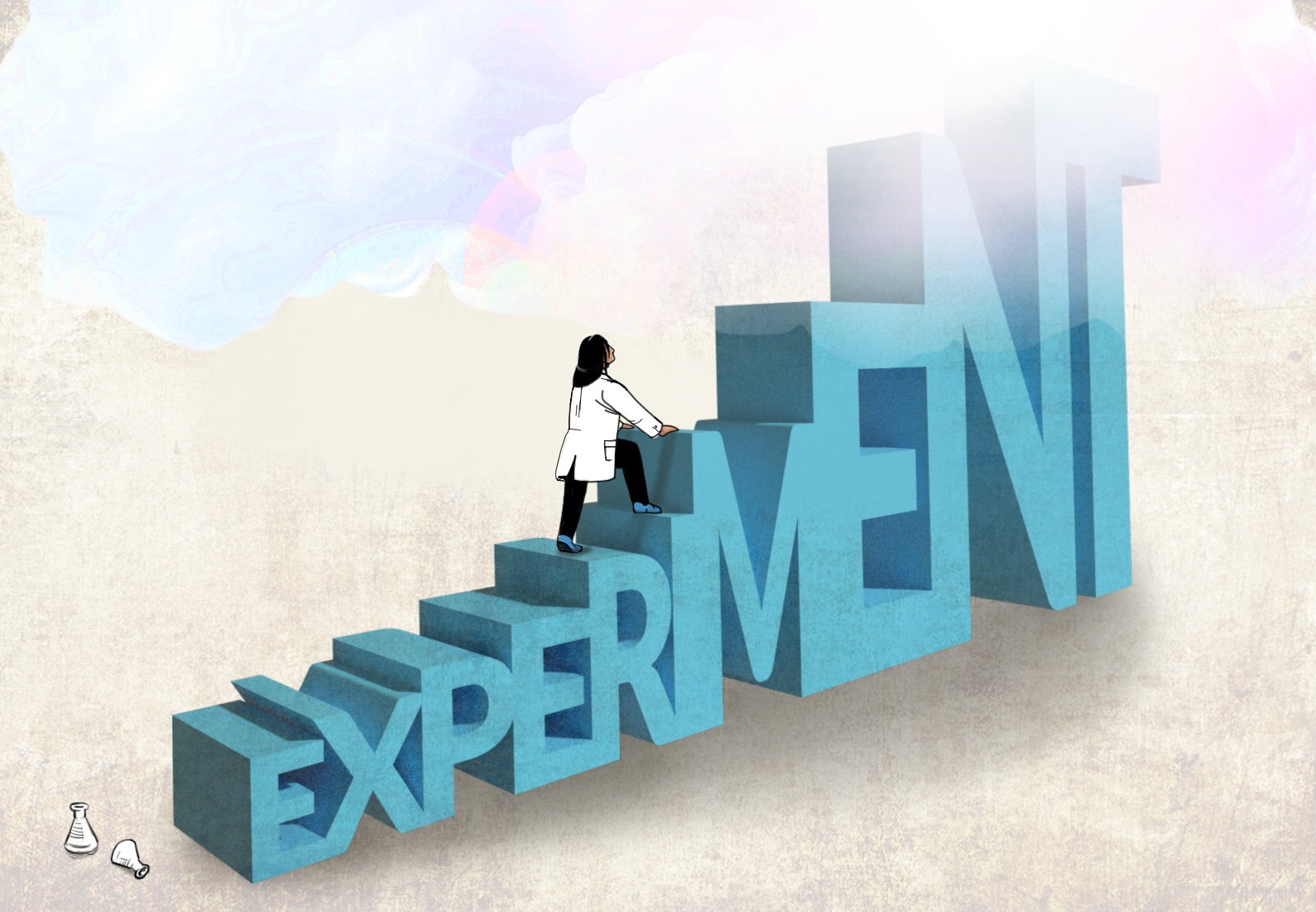While small molecule drugs have long dominated the pharmaceutical landscape, biologics are rapidly catching up. New drug approvals for biologics outpaced small molecules for the first time in 2022 and represented just under half of new drug approvals in 2023. This trend is expected to accelerate, with biologics predicted to exceed small molecules in sales revenue by 2027.
Biologics offer new areas of therapeutic possibility, as many diseases present challenging targets for traditional small molecule approaches. A key advantage of taking a biologics approach is that this class of therapeutics can often afford higher target specificity, which has the potential to reduce the risk of toxicity and side effects. However, the promise of biologics development also brings new challenges. When we talk to teams developing biologics, an issue we hear repeatedly is the need for an efficient and comprehensive way to capture and analyze data from disparate sources across the entire discovery process.
Biologic discovery is a time-consuming, laborious, and expensive process. The entire process from designing strategies for generating target-specific biologics through biologic isolation, production, screening, and optimization, requires collaboration among several interdisciplinary teams spread out across various departments within an organization, and often across corporate sites around the globe. There is an enormous amount of experimental and computational data, metadata, and decision making to capture and often this critical information is stored in a variety of formats and repositories that are siloed off from one another, making therapeutic candidate analysis and selection challenging, and process refinement daunting.
When we talk to teams developing biologics, an issue we hear repeatedly is the need for an efficient and comprehensive way to capture and analyze data from disparate sources across the entire discovery process.
As a result, biologics drug discovery is in need of a ‘digital evolution’ similar to the revolution that recently occurred in small molecule drug discovery. Biotherapeutics teams need a comprehensive way to capture, analyze, and learn from the increasing amount of experimental and in silico data created across all stages of the process, as well as a way to communicate and collaborate with the entire interdisciplinary team. Since its inception 10 years ago, Schrödinger’s LiveDesign has been increasingly adopted across leading pharmaceuticals and biotech companies to facilitate the digitization of small molecule drug discovery – and the platform has a significant impact on the ways in which chemists design new drugs.
With this in mind, we’re excited to expand the capabilities of LiveDesign to support scientists and teams in the discovery of novel biologics. LiveDesign’s well-established, cloud-based informatics and discovery environment will now support the digitization of biologics discovery, including:
- Centralized access to all project data – from sequence to structure to experiment to computational predictions
- Native decision tracking and cross-team communication technologies to support common workflows, such as multi-hit triage and model-driven predictive optimization
- Fully integrated computational modeling execution, delivery, and 3D visualization
- Agnostic snap-in/snap-out framework for flexible evolution of workflows as process steps, data sources, and design tools change, as well as deployment of emerging AI/ML technologies
LiveDesign has proven to be incredibly impactful in small molecule drug discovery, and we’re eager to see that impact translate to the world of biologics — where the opportunities for digitalization to expedite and improve discovery and optimization processes are vast and growing. We’re dedicated to empowering teams with a flexible, cloud-native data platform that is built for modern data workflows — both wet lab and in silico — no matter which therapeutic modality is pursued.











